Understanding Acne: Causes, Triggers & Skincare Solutions

Understanding the Causes of Acne: What’s Really Behind Your Breakouts?
Acne is one of the most common skin concerns, affecting people of all ages and skin types. While many assume it’s just a teenage problem, adults can also struggle with persistent breakouts. Understanding the root causes of acne can help you take the right steps toward clearer skin. Let’s explore some of the main factors contributing to acne and why they happen.
Sebum: Your Skin’s Friend or Foe?
Sebum, the natural oil produced by your skin. However, when produced in excess, it can become one of the leading causes of acne. Overactive sebaceous glands can clog pores, leading to breakouts, inflammation, and even skin conditions such as acne and rosacea. Factors like hormonal changes, genetics, and even certain skincare products can contribute to excess oil production, making breakouts more frequent and severe.
How to Manage Sebum Production
To keep oil levels under control, start with a targeted professional skincare approach. Cleansers formulated with salicylic acid, a powerful anti-inflammatory, can help reduce oil buildup while keeping pores clear. Benzoyl peroxide is another effective option, as it targets acne-causing bacteria, but it should be used short-term to prevent your skin from building resistance. Additionally, incorporating a clay mask into your routine can absorb excess oil without over-drying your skin.
Our skin constantly sheds dead cells, but when they aren’t properly removed, they can mix with oil and clog pores. This blockage creates an ideal environment for acne-causing bacteria to thrive. Daily cleansing and exfoliation are essential to remove dead skin cells and allow oxygen to reach the skin. Since bacteria cannot survive in oxygen-rich environments, keeping pores clear can significantly reduce breakouts.
Hormonal Imbalances
Hormones play a significant role in acne development. Androgens, the hormones that increase during puberty, stimulate oil glands to produce more sebum. Hormonal fluctuations due to menstruation, pregnancy, can also lead to breakouts. This explains why many women experience acne flare-ups before their periods.
Know your body and be sure to have a customize skincare protocol for that time of the month. Be aware of when your body starts to ministate and change up your skincare protocol for that one week. Perhaps a stronger cleanser, stronger oil pads to help control the excessive oil during that period (no pun intended).
Diet and Nutrition
What you eat can impact your skin health. High-glycemic foods, such as refined sugars and processed carbohydrates, Gluten, Yeast and dairy can spike insulin levels and trigger oil production. Dairy products, especially skim milk, have been linked to hormonal acne due to the presence of growth hormones. While diet isn’t the sole cause of acne, making healthier food choices can help reduce breakouts.
Stress and Cortisol Levels
Stress doesn’t directly cause acne, but it can make it worse. When you're stressed, your body releases cortisol, a hormone that increases oil production. This can lead to more clogged pores and inflammation. Finding ways to manage stress, such as exercise, or quality sleep, can help keep stress-related breakouts under control.
Improper Skincare Routine
Using the wrong skincare products can contribute to acne. Heavy, oil-based products can clog pores, while harsh cleansers can strip the skin, causing it to overproduce oil. Not removing makeup before bed, skipping sunscreen, or using too many active ingredients at once can all lead to irritation and breakouts. A balanced routine with gentle, non-comedogenic products is key to preventing acne.
The skincare industry is a multi-billion-dollar industry. Most advertising is based on skincare with little ingredients to make any difference. That's why it is so easy to advertise. Professional products such as Daily Skin Solutions which is FDA Registered. This means they can have a higher level of active ingredients to make a difference.
Environmental Factors
Your surroundings can also impact your skin. Pollution, humidity, and exposure to dirt and grime can clog pores and lead to breakouts. Even frequently touching your phone to your face or using dirty pillowcases can transfer bacteria and oils that contribute to acne.
Medications and Underlying Conditions
Certain medications, including corticosteroids, lithium, and some birth control pills, can trigger acne as a side effect. Additionally, medical conditions like PCOS and thyroid disorders can contribute to persistent breakouts. If you suspect your acne is linked to medication or an underlying health issue, consulting a skin expert can help identify the best course of action.
Genetics and Family History
If acne runs in your family, you may be genetically predisposed to it. While you can’t change your genes, you can take proactive steps to manage breakouts through lifestyle choices and proper skincare.
We all have genetics issues; however, this does not keep us from doing the things needed to counteract it. Professional products such as Daily Skin Solution are designed to help with every issue this world throws at us. Talk to a professional like JoAnn Francis and learn the best protocol for you based on your skin issues. Remember, aging brings on another set of issues which means that today’s skin regime is not always going to be tomorrow’s regime. Talk to your skin coach monthly or at least every 90 days to make the necessary changes needed to keep you skin youthful, even in tone, soft to the touch a naturally hydrated.
Final Thoughts
Acne is a complex skin condition with multiple contributing factors. Understanding what triggers your breakouts can help you take control of your skin. Whether it’s adjusting your skincare routine, making dietary changes, or managing stress, small steps can lead to clearer skin.
Stay tuned for our expert-recommended skincare remedies to combat acne effectively!

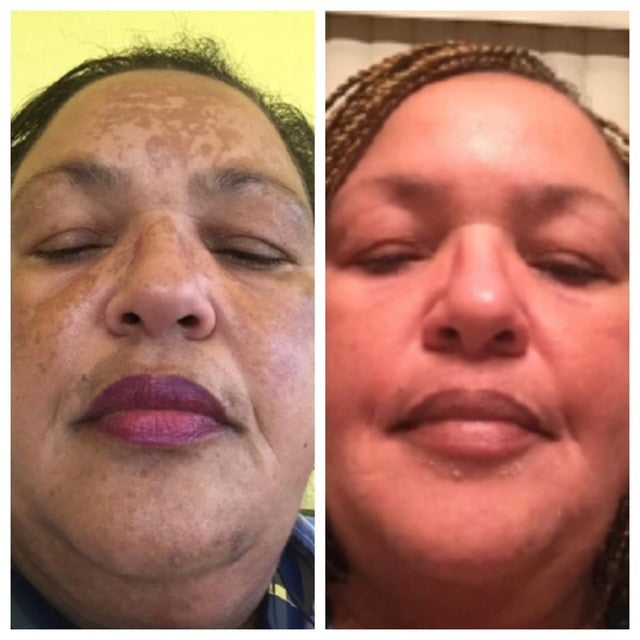
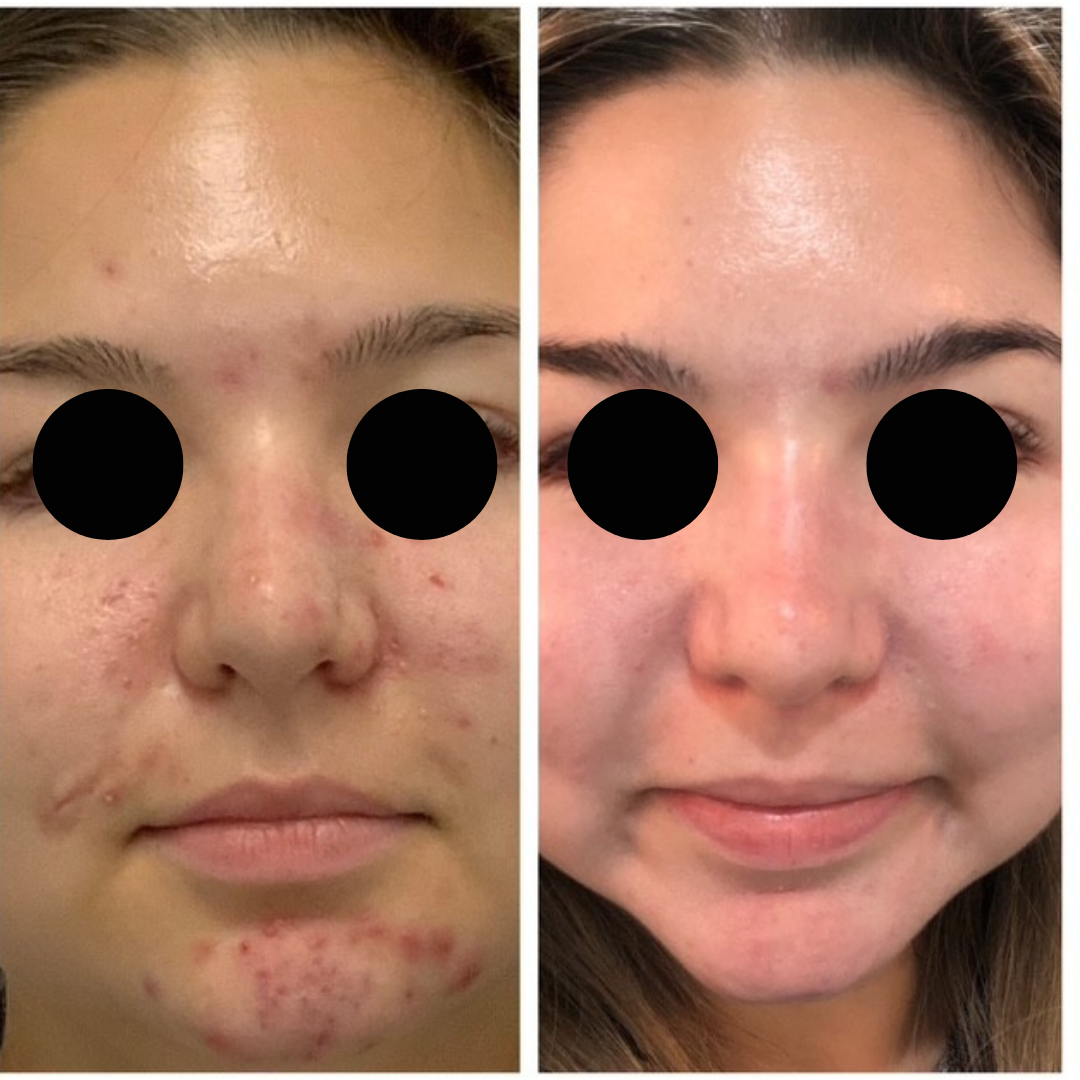
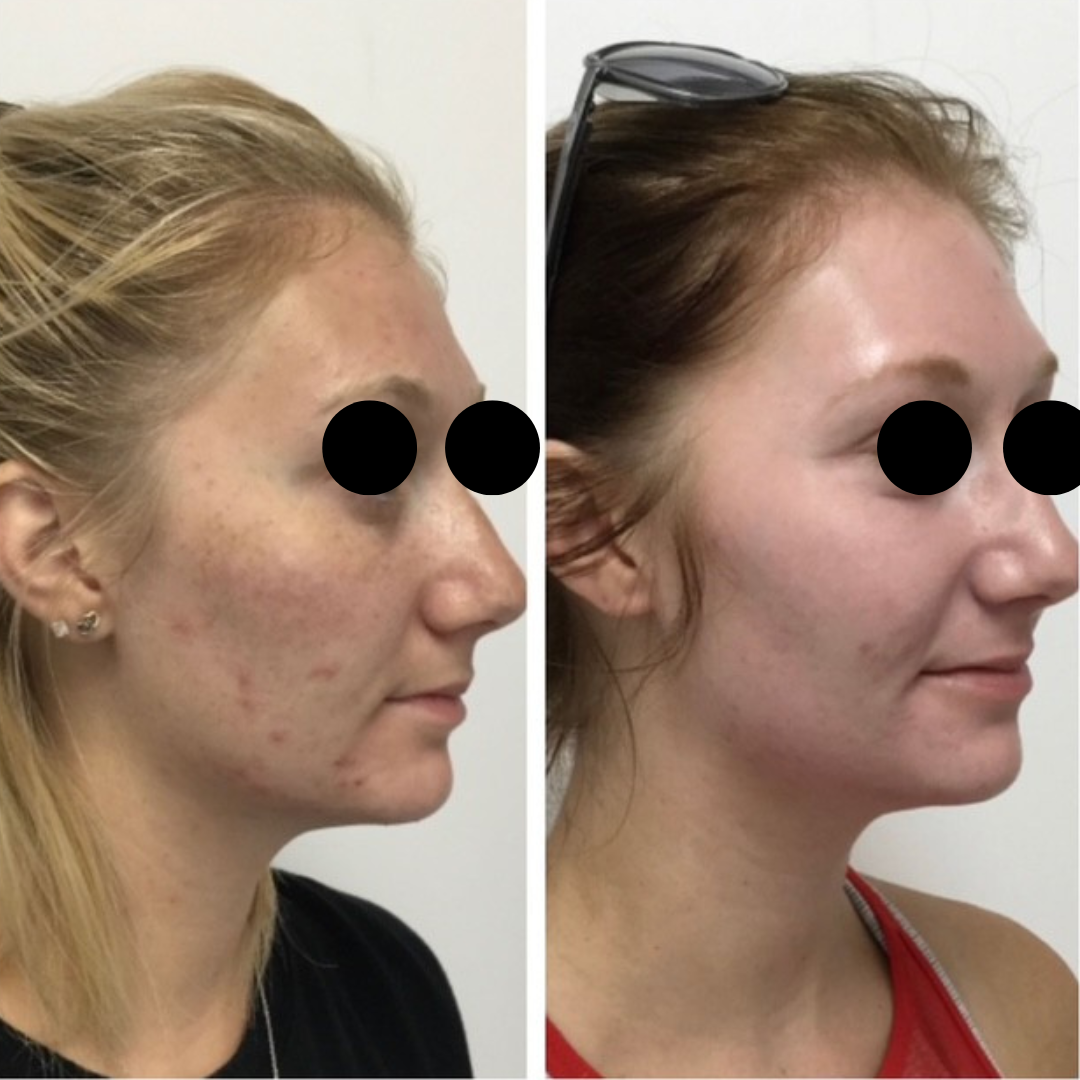
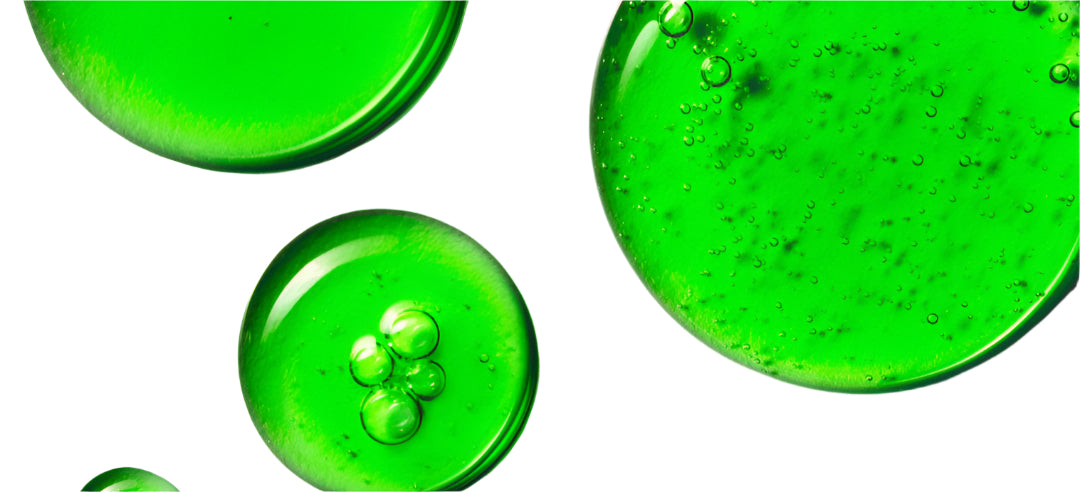

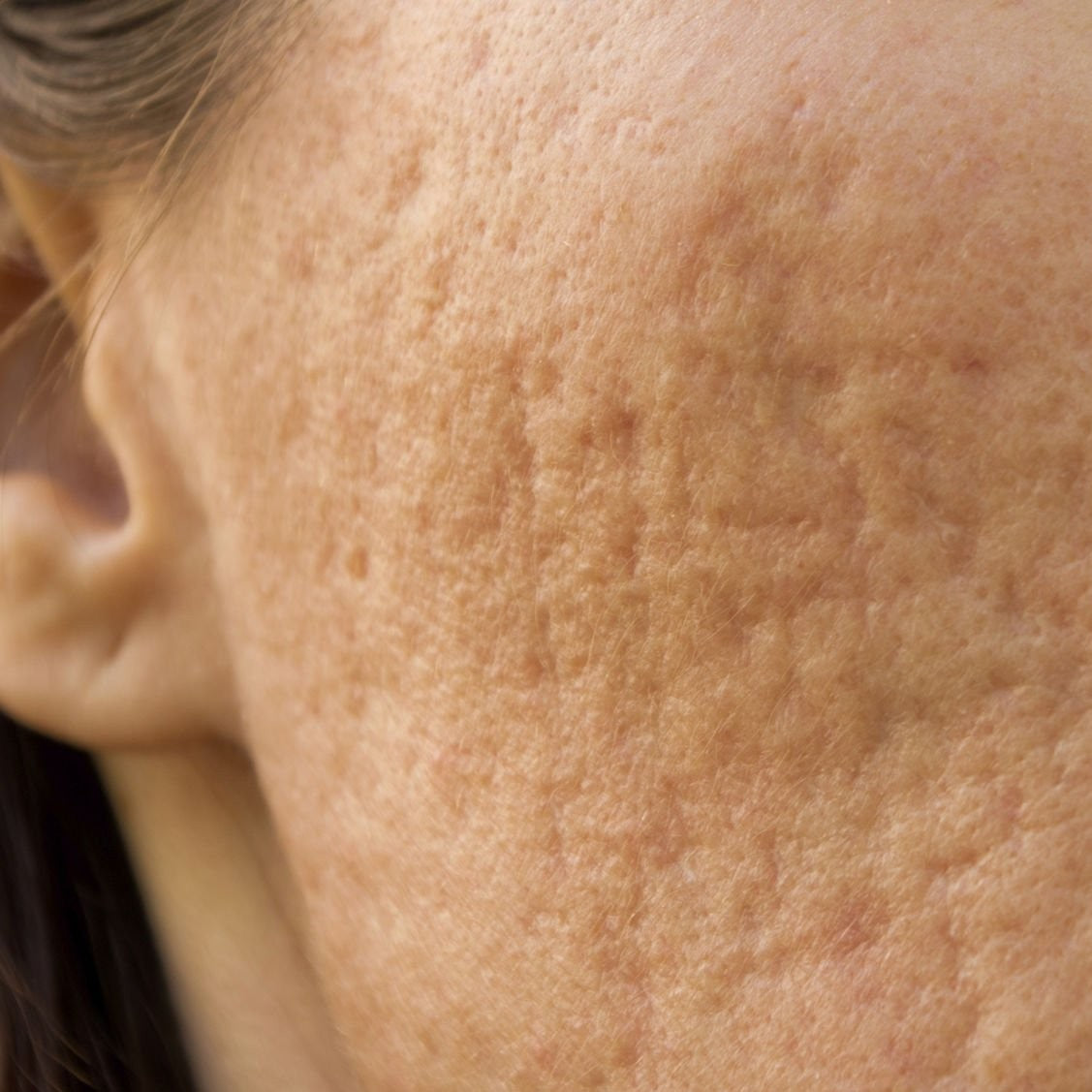
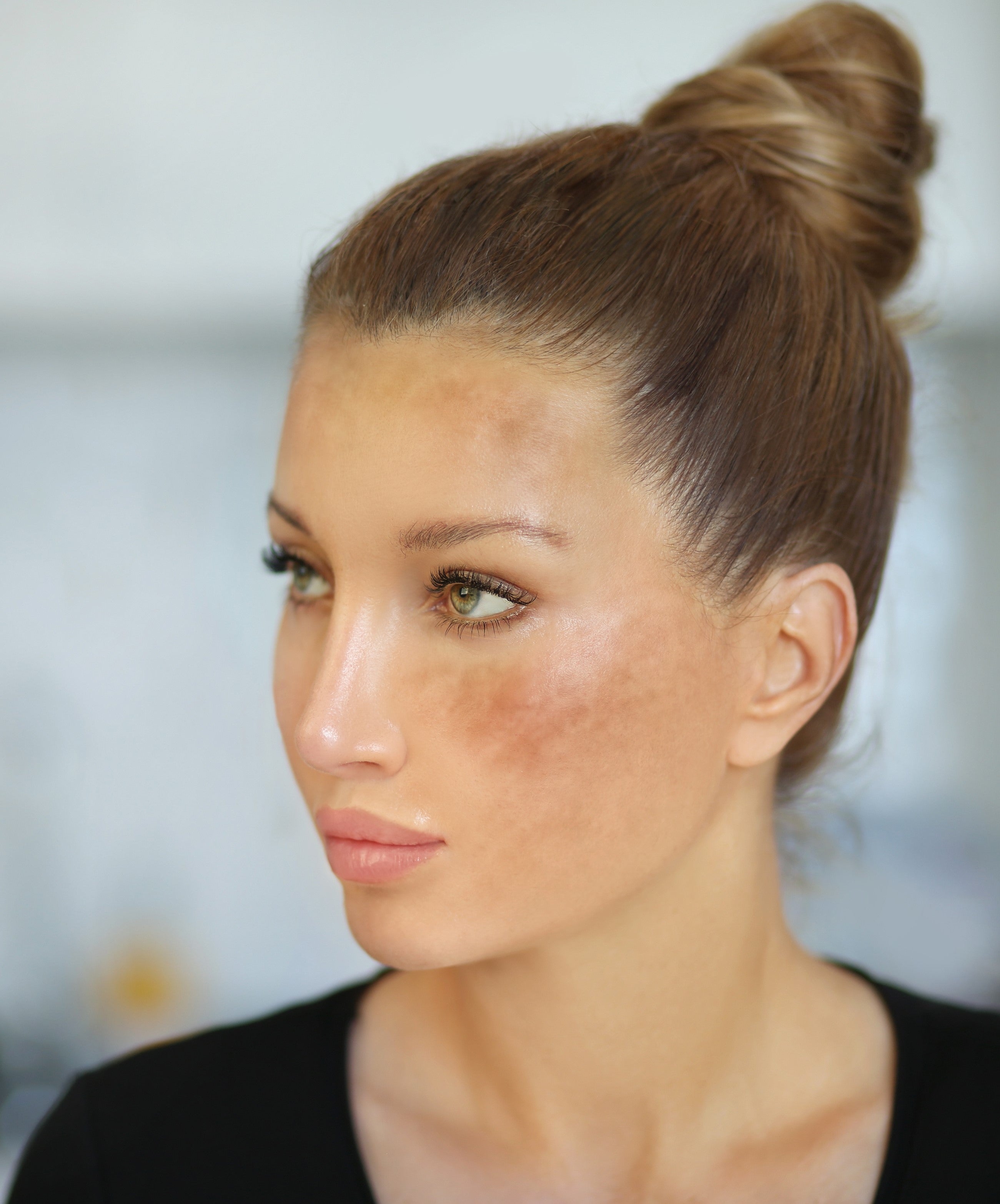
Comments